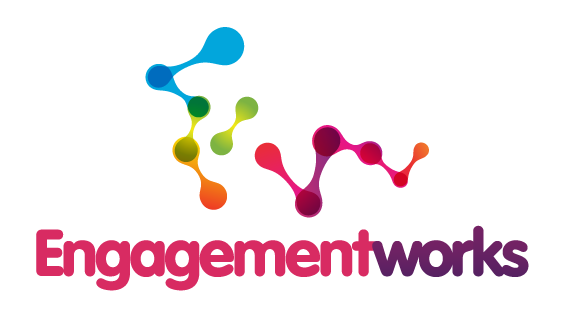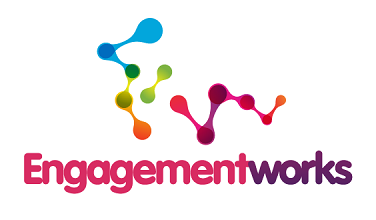Recently notified reorganisation schemes for Northland and Hawke’s Bay regions appear to clearly indicate a one-size-fits-all approach by the Local Government Commission to local government structure in New Zealand.
The Commission’s model is almost like turning the clock back to the mid-1800s and the provincial government models that applied at that time. While that model for local government may have been appropriate then, circumstances are very different today, requiring a greater focus on local needs and circumstances.
This approach replicates local government changes to a single council in greater Auckland which are as yet unproven as a model suitable for the rest of the country. Changes to Auckland local government were initiated by central government from a sense of frustration at the inability or unwillingness of Auckland’s councils to work together in the interests of greater Auckland. That situation, while relevant to Auckland, does not exist in other parts of New Zealand and therefore is not a reason to impose an Auckland model anywhere else.
When local government went through the major changes of 1989, four unitary councils were created and appear to have operated successfully since then. Unitary councils combine the responsibilities of city or district councils with those of regional councils. Those four councils are Gisborne, Marlborough, Tasman and Nelson. This unitary council model could be applied in other regions, if deemed suitable by the effected communities. Auckland Council has its own enabling legislation, which differs from that used for these four unitary councils.
That aside, the key to successful local government must be the delivery of local services that local communities consider necessary and appropriate in their districts for which they are prepared to pay. What this means is that before considering structure, there needs to be a community-led process to determine what type of community people actually want and can afford. Structure then follows as the means of delivering the infrastructure and services the community desires.
In both Northland and Hawke’s Bay consideration is currently being given to the Commission’s proposals. In both cases this needs to involve informed and engaged communities being given full opportunity to determine what local government should look like in their area. Simply making in-house decisions and giving residents limited options to consider is no way to meaningfully engage with a community and is unlikely to result in the best possible outcome.
The Commission’s model is almost like turning the clock back to the mid-1800s and the provincial government models that applied at that time. While that model for local government may have been appropriate then, circumstances are very different today, requiring a greater focus on local needs and circumstances.
This approach replicates local government changes to a single council in greater Auckland which are as yet unproven as a model suitable for the rest of the country. Changes to Auckland local government were initiated by central government from a sense of frustration at the inability or unwillingness of Auckland’s councils to work together in the interests of greater Auckland. That situation, while relevant to Auckland, does not exist in other parts of New Zealand and therefore is not a reason to impose an Auckland model anywhere else.
When local government went through the major changes of 1989, four unitary councils were created and appear to have operated successfully since then. Unitary councils combine the responsibilities of city or district councils with those of regional councils. Those four councils are Gisborne, Marlborough, Tasman and Nelson. This unitary council model could be applied in other regions, if deemed suitable by the effected communities. Auckland Council has its own enabling legislation, which differs from that used for these four unitary councils.
That aside, the key to successful local government must be the delivery of local services that local communities consider necessary and appropriate in their districts for which they are prepared to pay. What this means is that before considering structure, there needs to be a community-led process to determine what type of community people actually want and can afford. Structure then follows as the means of delivering the infrastructure and services the community desires.
In both Northland and Hawke’s Bay consideration is currently being given to the Commission’s proposals. In both cases this needs to involve informed and engaged communities being given full opportunity to determine what local government should look like in their area. Simply making in-house decisions and giving residents limited options to consider is no way to meaningfully engage with a community and is unlikely to result in the best possible outcome.


 RSS Feed
RSS Feed
